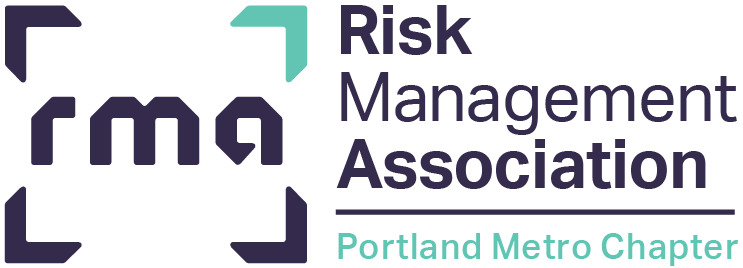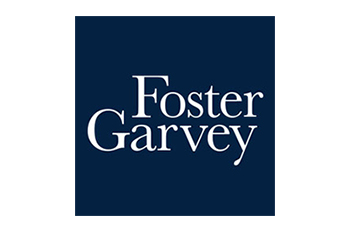Increase in SBRA debt limit. Congress enacted the Small Business Reorganization Act (SBRA) in 2019 with an effective date of February 20, 2020. The SBRA was designed to provide a more efficient and streamlined reorganization process for small business entities for which the expense of a full chapter 11 case and the requirements for plan confirmation made reorganization under chapter 11 almost impossible. As originally enacted, to qualify to file under the SBRA, at least 50% of the debtor’s debt must have risen from commercial or business activity, and the debtor could not have more than $2,725,625 in debt. The CARES Act temporarily increased the debt limit on subchapter 5 chapter 11 small business reorganization cases to $7,500,000 for a period of one year (for cases filed on or before March 27, 2021). Thus, more small to medium-sized businesses will be entitled to take advantage of the more debtor-friendly subchapter 5 processes. For more detail regarding the subchapter 5 process, RMA posted a blog on February 27, 2020.
Subchapter 5 filing allowed for defunct businesses. Since the SBRA went into effect and CARES was enacted, one bankruptcy court has held that a debtor is not required to be conducting business when it files a subchapter 5 case. The case was out of South Carolina and was filed by a man who had owned two defunct businesses when he filed the petition and had personally guaranteed the debt of the businesses. The United States Trustee objected to the subchapter 5 election by the debtor, contending that he did not qualify as a subchapter 5 debtor because he was not engaged in the businesses when the petition was filed. The bankruptcy judge held that he did not need to be engaged in business on the petition date to qualify.
Pre-existing chapter 11 cases can convert to subchapter 5. A bankruptcy judge in California held that a chapter 11 debtor who filed its petition prior to the SBRA’s effective date could elect to convert to a subchapter 5 proceeding so long as the conversion did not jeopardize anyone’s “vested rights.” The debtor has filed chapter 11 in November of 2018, about a year and a half before the SBRA’s effective date. Other courts have followed suit, allowing chapter 11 debtors with existing cases as of the SBRA’s effective date to convert to subchapter 5.
Bankruptcy Courts have required SBA to consider chapter 11 debtors’ PPP applications. Finally, since CARES has been enacted, three judges have issued orders and opinions enjoining the SBA from categorically denying debtors-in-possession in chapter 11 cases from obtaining PPP loans. A judge in Texas issued a temporary restraining order directing the SBA and the bank administering the program to review the loan application “without any consideration of the involvement of [the debtor] . . . in any bankruptcy.”
A judge in Maine entered a similar TRO in a case involving a small hospital who the judge found suffered a decline in income from the loss of revenue from elective and nonessential visits. The court barred the SBA from denying an application because the applicant is a chapter 11 debtor. He went on to require the SBA to hold back funds to make a loan if the debtor is later found eligible.
A third court in New Mexico entered a final judgment compelling the SBA to act on the PPP loan application without regard to the debtor’s status as a chapter 11 debtor-in-possession. In that case, the Roman Catholic Church of the Archdiocese of Santa Fe was the debtor and its case had been pending since March of 2019. The court stated that the debtor could file another adversary proceeding against the SBA “for compensatory and, if appropriate, punitive damages” if the SBA’s actions in the past or future “are the proximate cause of [the debtor’s] losing its requested $900,000 in PPP funds.” He characterized the SBA’s “inexplicable and highhanded decision to rewrite the PPP’s eligibility requirements in a way that was arbitrary and capricious, beyond its statutory authority, and in violation of 11 U.S.C. §525(a) [the anti-discrimination against debtors in bankruptcy code provision].”
About Tara Schleicher:
Tara serves as Chair of the Creditors’ Rights & Bankruptcy practice at Foster Garvey PC and is based in the firm’s Portland office. She has more than 25 years of experience providing clients with practical and efficient solutions to complex problems involving multiple parties with competing interests. Tara focuses her practice on the litigation needs of business clients and addressing insolvency-related matters in all forums, whether out of court, bankruptcy court, state and federal court or appellate court.
Holding her M.B.A. and J.D. from Willamette University and accreditation as a Business Bankruptcy Specialist by the American Board of Certification, Tara has the business acumen necessary to effectively handle complex litigation, receiverships, workouts, and any insolvency-related or commercial litigation matters for lender clients. She enjoys her work for lenders, both in Chapter 11 cases and litigation, because of the variety of industries, business issues and competing interests involved.
Tara enjoys hiking, traveling and watching her son play AAU and high school basketball.

